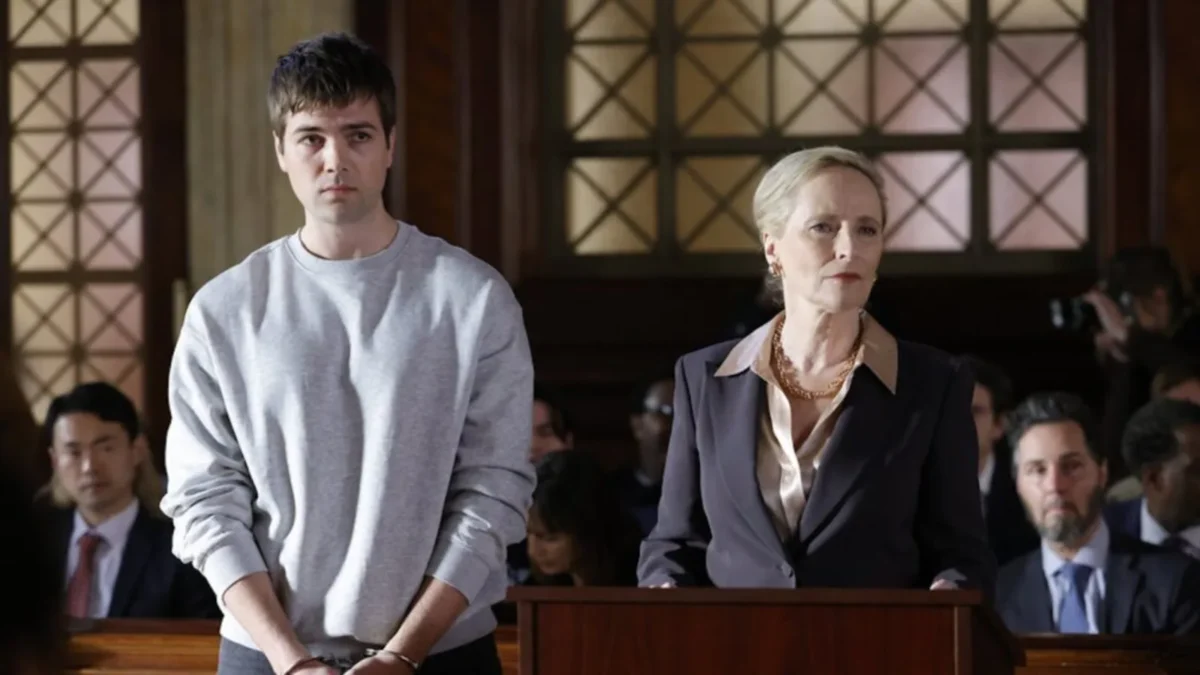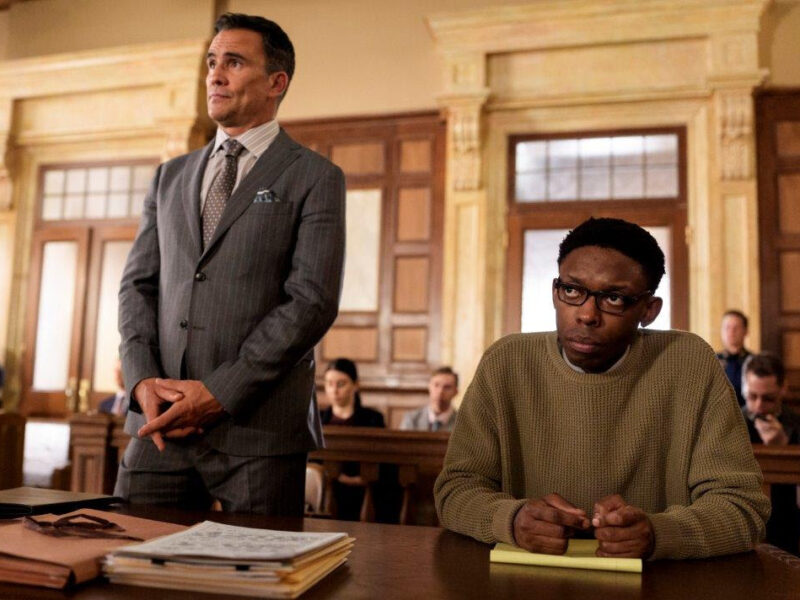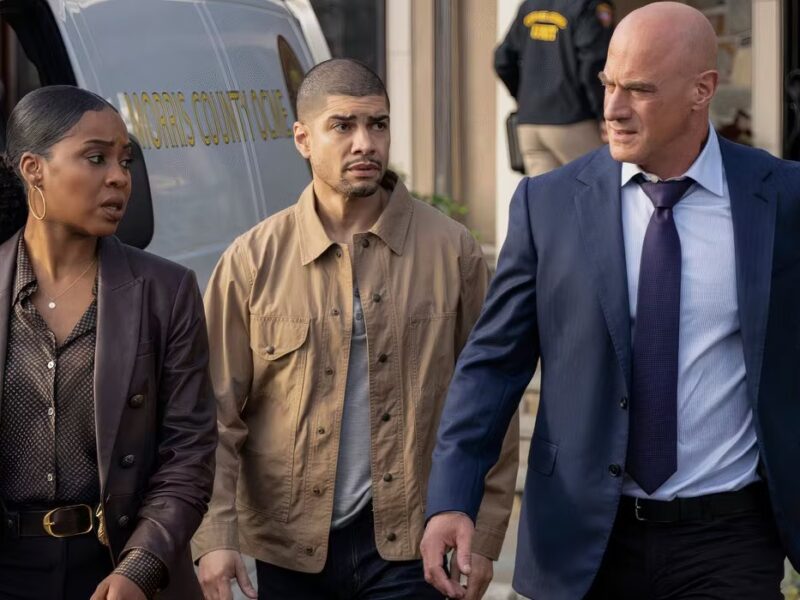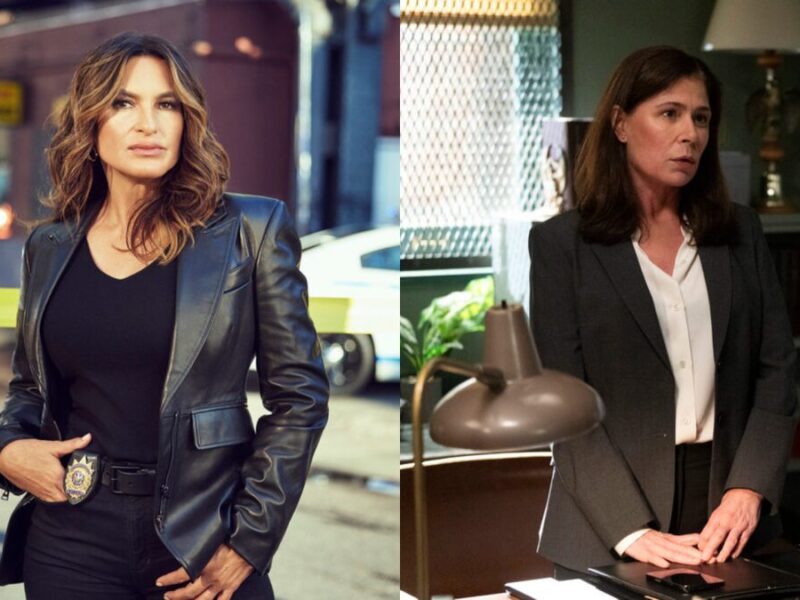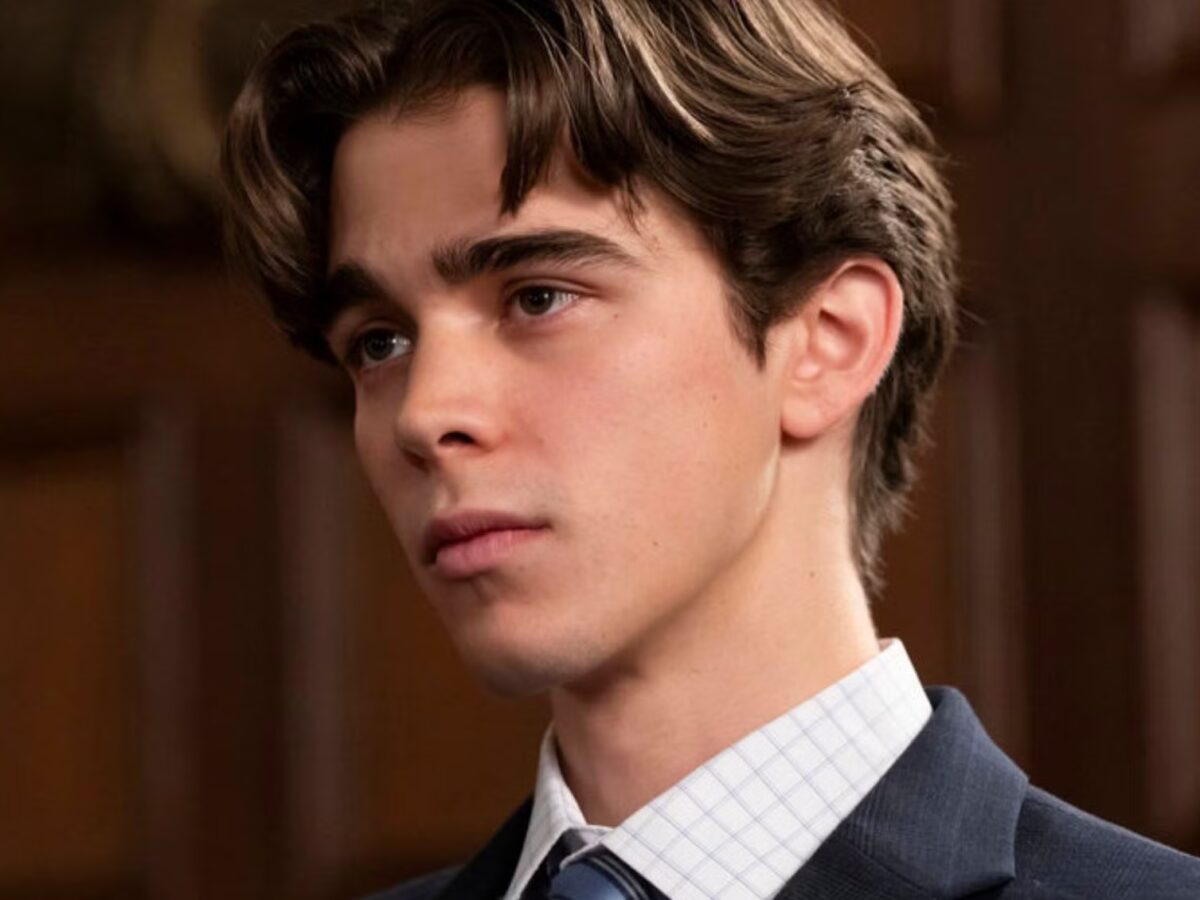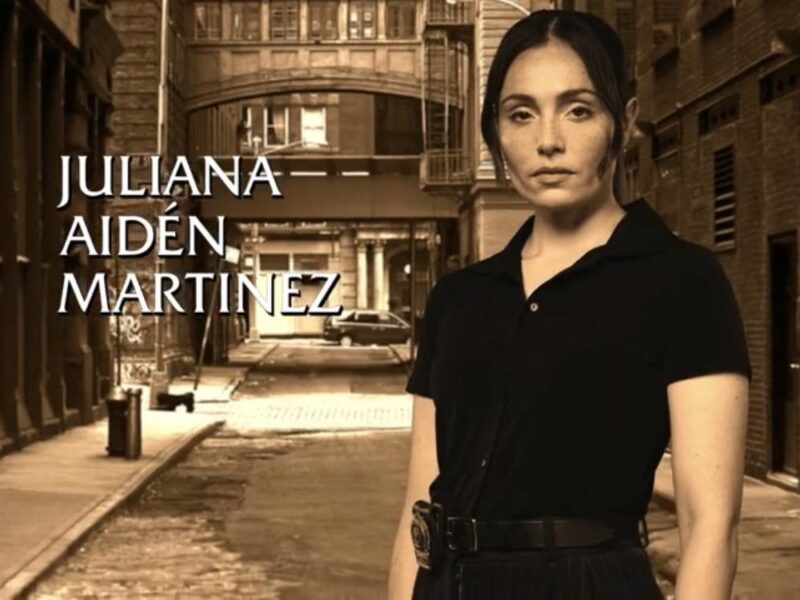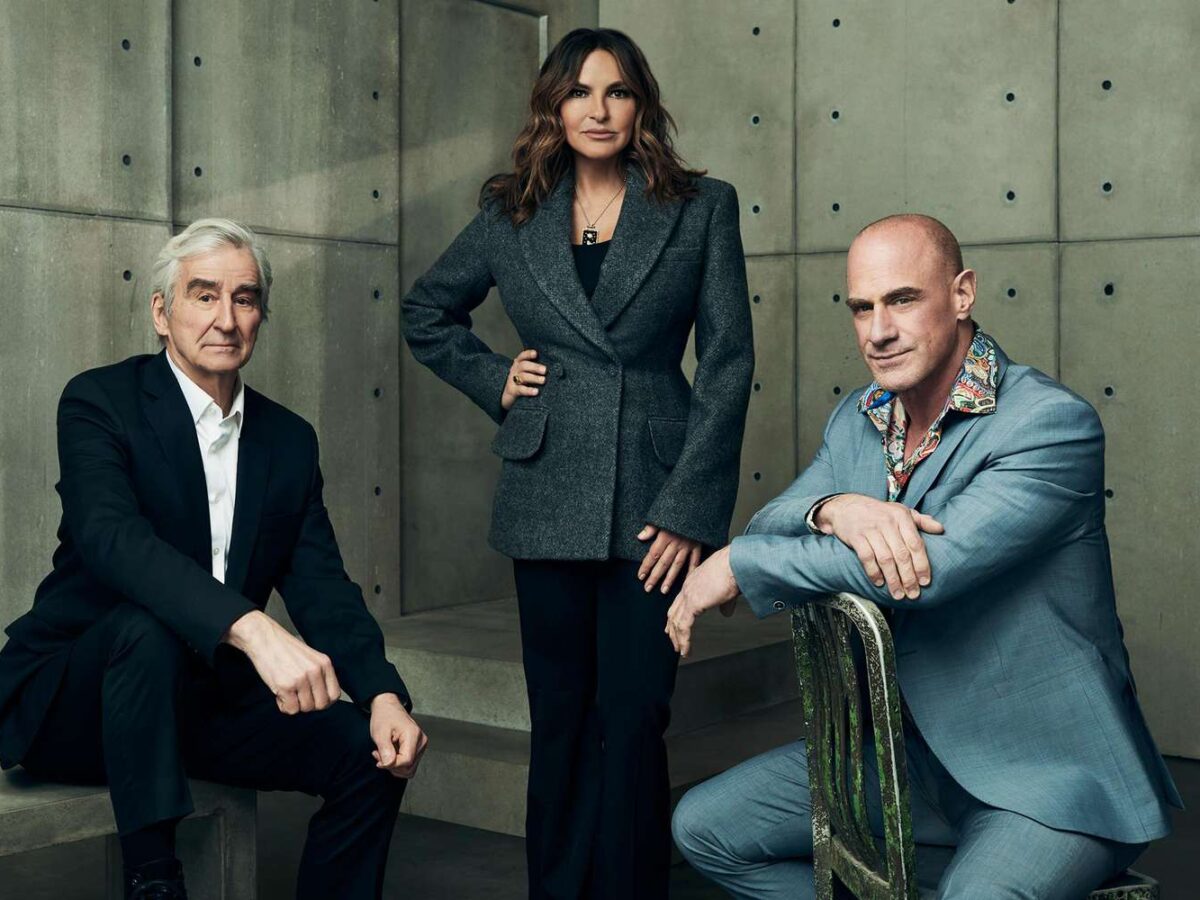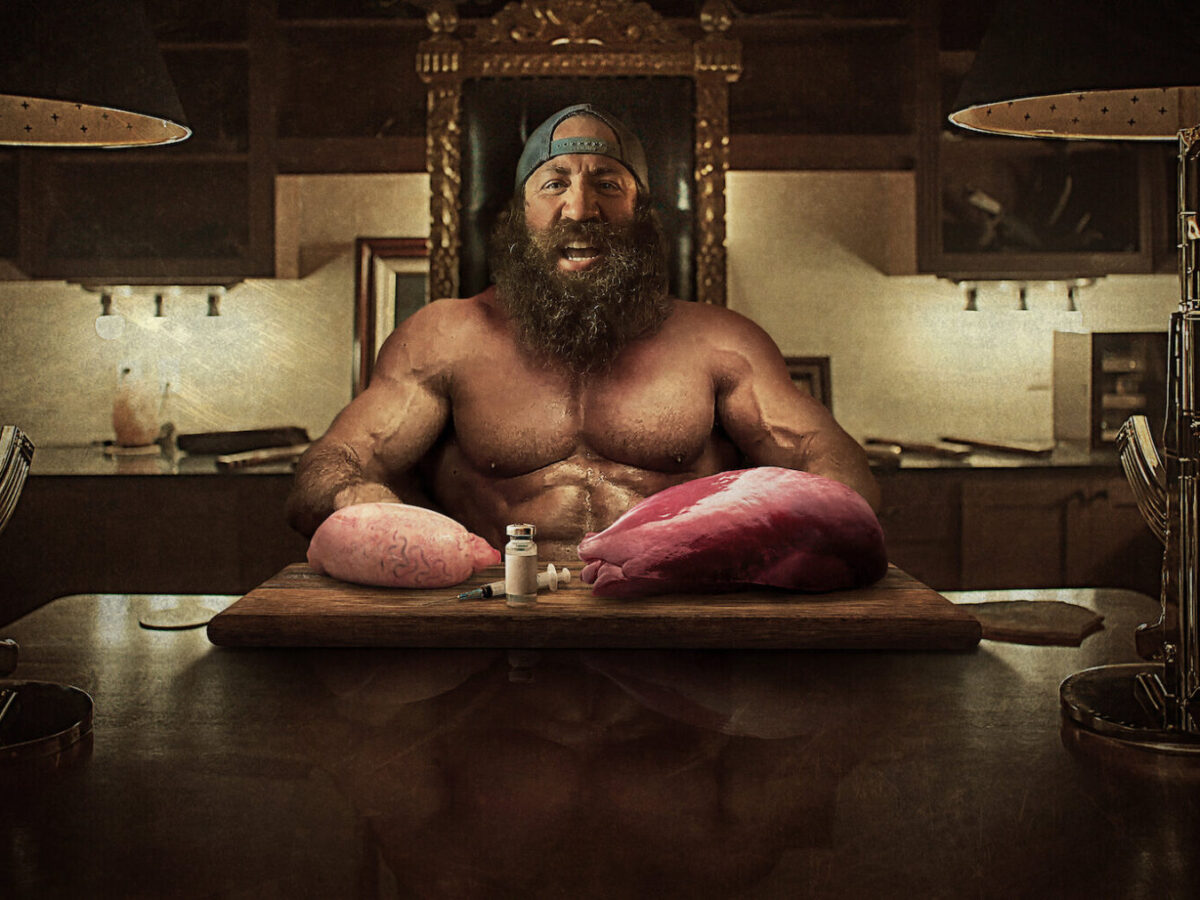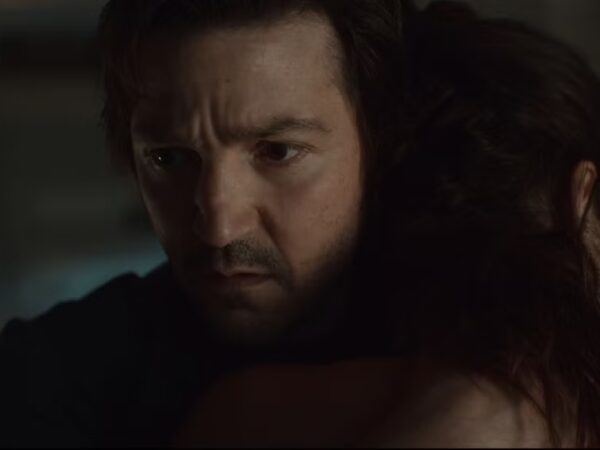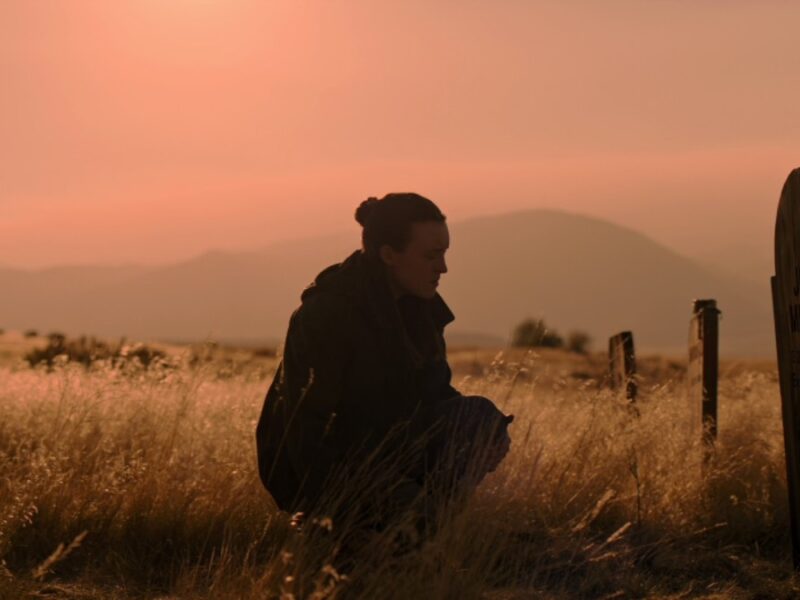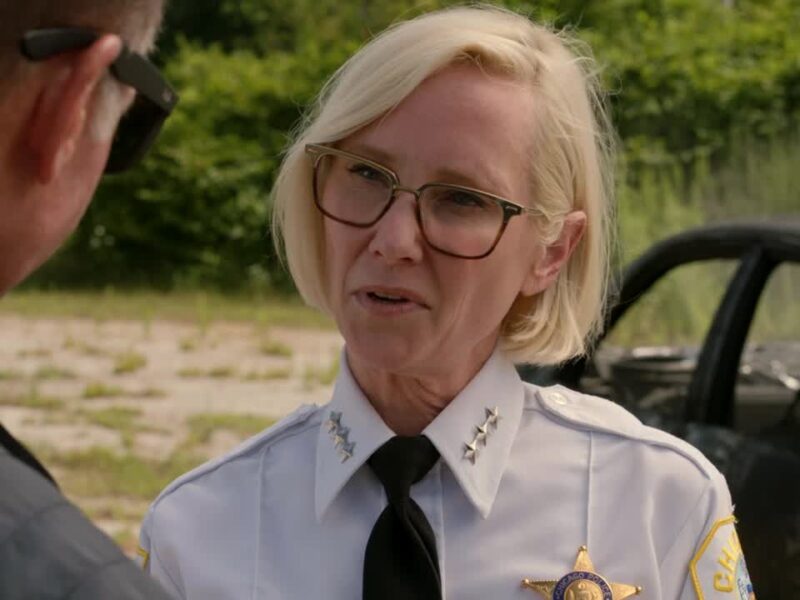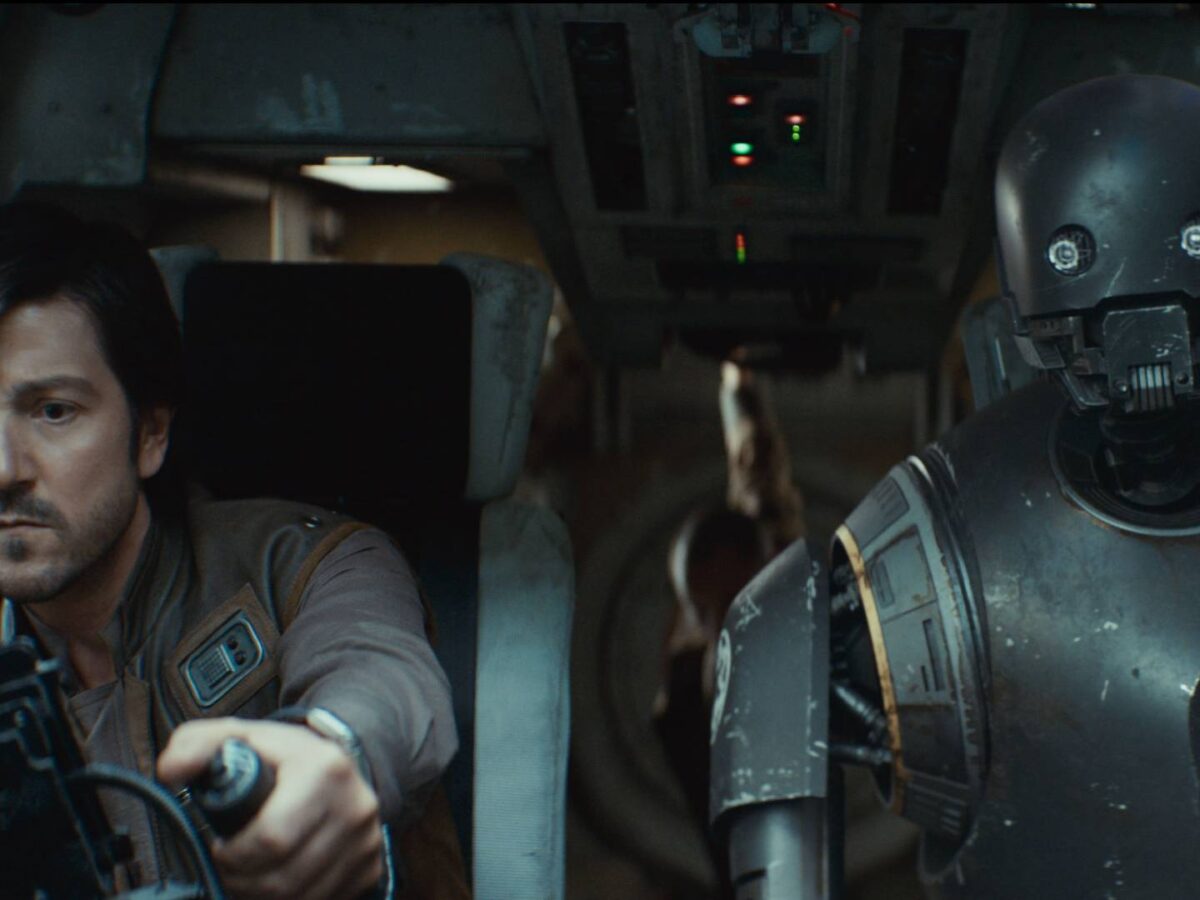NBC’s Law & Order is no stranger to tapping into real-life controversies, but Season 24 Episode 16, titled “Folk Hero,” may have struck its most resonant chord yet. Drawing inspiration from the tragic story of Luigi Mangione, the episode dares to humanize a shooter targeting health insurance executives, while simultaneously avoiding a definitive stance. The result? It is a provocative and open-ended hour of television that has left fans debating justice, morality, and systemic failure.
At the heart of the episode is Ethan Weller, played with chilling conviction by Ty Molbak. He isn’t your typical villain: he’s a grief-stricken son turned vigilante, outraged at OptiShield’s refusal to approve a potentially life-saving drug for his terminally ill mother. His transformation from desperate advocate to calculated killer is portrayed through layers of psychological tension, moral ambiguity, and legal gymnastics.
When a Shooter Becomes a Symbol
The narrative begins with the public assassination of OptiShield’s CEO. Detectives Riley (Reid Scott) and Sergeant Danny DeLuca (Jesse Metcalfe) are tasked with unraveling a case that quickly escalates into a social phenomenon. With supporters donning identical jackets to echo Weller’s mantra, “People over profit,” the city begins to see Ethan not as a criminal, but a folk hero. As Metcalfe explained to TV Insider, “We don’t really take a stand on what the verdict should be. We allow the audience to have their own opinion.”
The complexity deepens during Weller’s arraignment, where cheers erupt from the gallery, and the evidence against him is airtight—a murder weapon with a ballistic match, a manifesto, and a second attempted murder foiled by mere seconds. Yet, it’s attorney Megan Stratton (Laila Robins) who flips the script, arguing Ethan acted to save lives by stopping a corporate executive whose decisions had, allegedly, already led to thousands of deaths.
Legal Loopholes and Moral Minefields
Prosecutor Nolan Price (Hugh Dancy) is initially confident. The case seems straightforward until Stratton introduces an unorthodox defense: invoking New York law to justify Ethan’s actions as a form of life-saving intervention. While rarely applied in this context, the argument gains traction—especially when Weller takes the stand and outlines his crusade against systemic injustice. “I did this, and I’ll accept whatever punishment,” he says, embodying a modern martyrdom that blurs the line between vengeance and valor.
TV Insider highlights how the episode’s structure challenges conventional storytelling. The courtroom drama doesn’t culminate in a gavel-slamming finale. Instead, the jury returns to deliver its verdict—only for the episode to cut to black. Metcalfe believes this ambiguity is what gives the episode its lasting power, stating, “I think it’s still incredibly satisfying, which is important.”
Truth Without Closure
The absence of a verdict isn’t just a narrative device—it’s a statement. By refusing to deliver judicial closure, Law & Order compels viewers to reckon with their own moral compass. Would you cheer for Ethan? Or demand accountability? In a media landscape saturated with easy answers, this episode forces an uncomfortable question: what do we really consider justice?
As the legal team grapples with plea deals and public opinion, it becomes clear that this isn’t just about one man’s grief. It’s about a society teetering between empathy and anarchy. With SVU and Organized Crime poised for a crossover and a special one-night return, the franchise seems primed to explore more of these grey zones where crime, conscience, and consequence collide.
Could this become a new blueprint for crime television, where ambiguity replaces closure and heroes aren’t always on the right side of the law?

Open your account on Disney+ and you will have access to movies like Spiderman, Lightyear, Cruella and Pinocchio. You can also watch Star Wars series like The Mandalorian, Andor and The Book of Boba Fett.
